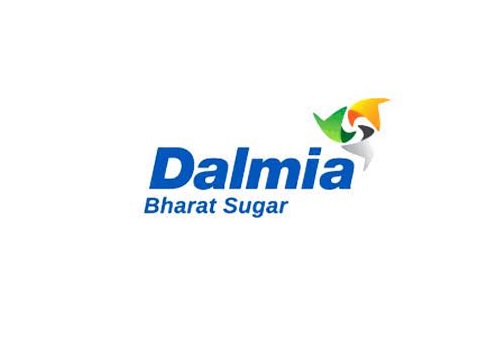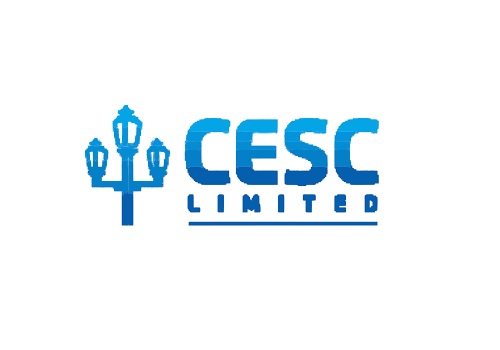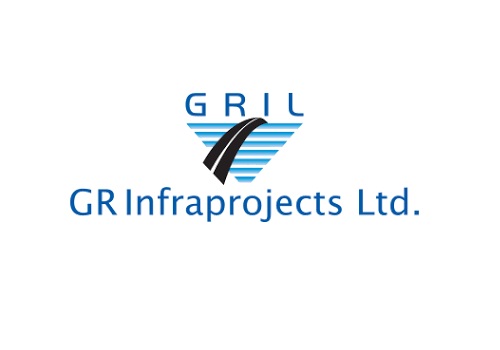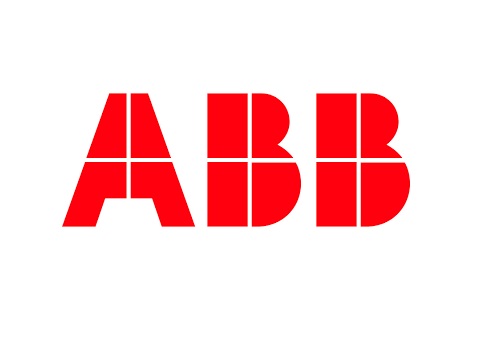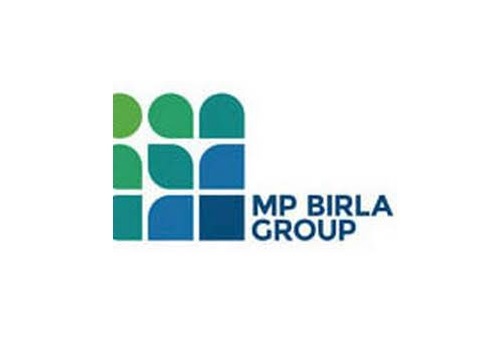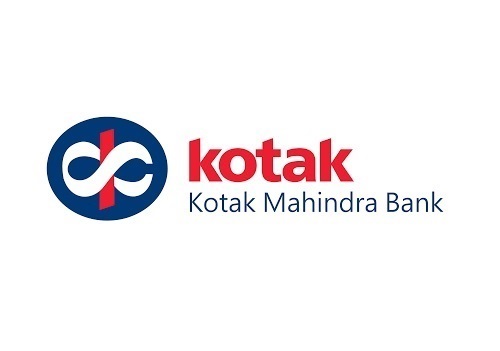Buy Repco Home Finance Ltd For Target Rs. 650 - ICICI Securities
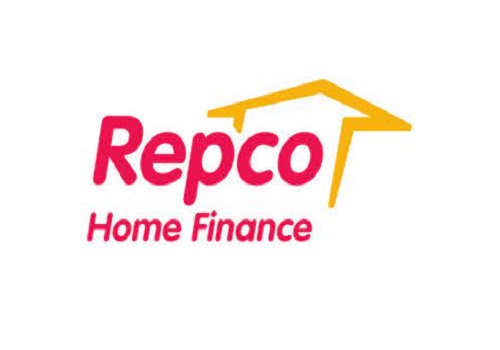
Follow us Now on Telegram ! Get daily 10 - 12 important updates on Business, Finance and Investment. Join our Telegram Channel
Business franchise undervalued; potential triggers for value unlocking
We believe the business franchise of Repco Home Finance (Repco) is currently undervalued: 1) stock trades below FY23E book and 7x earnings, and is available at Rs600mn AUM per branch and >Rs120mn AUM per employee); 3) runs a lean cost structure with Rs4mn5mn cost per branch. Recently, we saw instances of market recognising potential business value and rerating stocks significantly with a change in promoter/ownership (Magma and PNB Housing Finance). Repco too has similar triggers as Repco Bank (promoter of Repco Home Finance) might potentially look to dilute or sell its stake. Options to shore up capital buffer amidst underwhelming financial performance, rising stress or approval of its application for universal bank license, might serve as triggers. Assigning some probability to this trigger (though timing is difficult to predict) and stable return profile (in absence of any event), we believe the stock can command 1.75x FY23E multiple to stressed book (refer table 1). We revise our target price to Rs650 (earlier: Rs362) implying 70% return. Key risks: 1) Repco Bank unwilling to sell stake under any circumstances, 2) fundamentally weak performance derailing growth and credit quality amidst covid disruption.
Stake sale by Repco Bank for capital buffer can be potential trigger:
Repco Bank (promoter of Repco Home Finance) is promoted by the government of India along with the governments of Tamil Nadu, Andhra Pradesh, Telangana, Kerala and Karnataka, together holding 55.3% (refer table 2). The bank’s financial performance has been underwhelming with stable deposit base over past 5 years (merely 1.4% CAGR over FY16-FY20) in absence of network expansion (108 branches since 2016). The bank’s RoE for FY20 dipped to 7% (from >15% over previous 3 years). GNPA too rose in FY20 to 9.2% (refer table 3) and amidst covid we believe FY21 would have been more challenging (drawing parallel from other banks). Leverage (loans / net-worth) also runs high at >10x, thereby increasing the risk of net-worth erosion on any stress (refer table 4). The bank has also recently applied for universal bank license under RBI’s on-tap licensing window. In either case (be it as a cooperative bank or universal bank), we believe it would require additional capital buffer. One of the potential options would then be to dilute or sell its stake in Repco Home Finance. Given that Repco Bank is owned by the government, willingness or the process of stake sale may take time, hence predicting the timing is difficult.
Business franchise of Repco Home Finance (Repco) is currently undervalued:
The post-FY16 phase has not been very encouraging for Repco. Growth from as high as 30% has been consistently moderating to as low as 3% in Q3FY21 (either due to state-specific issues or the company’s consolidation stance). During the same period, asset quality has been volatile though credit cost was always contained below 1%. However, underperformance in operating metrics relative to other affordable housing financiers, concern over systemic liquidity crisis and covid disruption, failed to cheer the market. Despite consolidating the balance sheet, Repco has consistently delivered >2% RoA and >15% RoE. The stock is still trading below FY23E book and less than 7x earnings, and is available at less than 0.2x AUM. Productivity metrics are superior with more than Rs600mn AUM per branch or Rs120mn AUM per employee. Repco also runs lean cost structure with Rs4mn-5mn cost per branch (lower than other affordable housing financiers). Business franchise value that would be assigned to it, in case ownership changes hands, would be far superior and we do assign some probability to it.
.
9MFY21 earnings reflected some noteworthy positives:
Collection efficiency (excluding arrears) catch-up was commendable – touching the 97% mark by Dec’20 (vs 93% in Sep’20, ~70% in Aug’20 and better than pre-covid level of 95- 96%). Rise in stage-3 assets (proforma) was well contained at 4.3%. Actual restructuring at 0.3% (included in stage-3 assets) was much below the company’s initial estimate of 2-3%. The stance of prioritising profitability over growth along with reduction in cost of funds lifted NIM profile beyond the 5% mark.
Moderating growth and AUM consolidation has been underwhelming:
Post FY16, either due to demonetisation or state-specific issues (in Tamil Nadu), liquidity crisis or covid disruption, the company has been in a consolidation phase. AUM growth moderated to as low as 3% in Q3FY21 (from highs of 30% prior to FY16). 9MFY21 disbursements were down 40% (over FY20) coupled with higher balance transfer cases (10% annualised run rate). Disbursements, though improving QoQ, continues to lag peers and has not been too encouraging.
Need to be watchful of second wave impact:
We believe disruption due to covid second wave and restrictions/lockdowns imposed in key locations would continue to hamper growth momentum in H1FY22 as well. Consolidation phase will stretch for some more time and growth will continue to be modest. During the first phase, the company had witnessed sharp fall in collection efficiency (70% in Aug’20). We see similar impact in second wave too due to branches being non-operational in many locations. We hope it will be able to manage asset quality well with limited volatility in NPAs and contain the credit cost trend (the way it did during the first wave). Even if it has double the stress pool and increase specific as well as standard provisioning buffer, the stressed book value would still be Rs369 for FY23E.
To Read Complete Report & Disclaimer Click Here
For More ICICI Securities Disclaimer https://www.icicisecurities.com/AboutUs.aspx?About=7
Above views are of the author and not of the website kindly read disclaimer












 320-x-100_uti_gold.jpg" alt="Advertisement">
320-x-100_uti_gold.jpg" alt="Advertisement">





